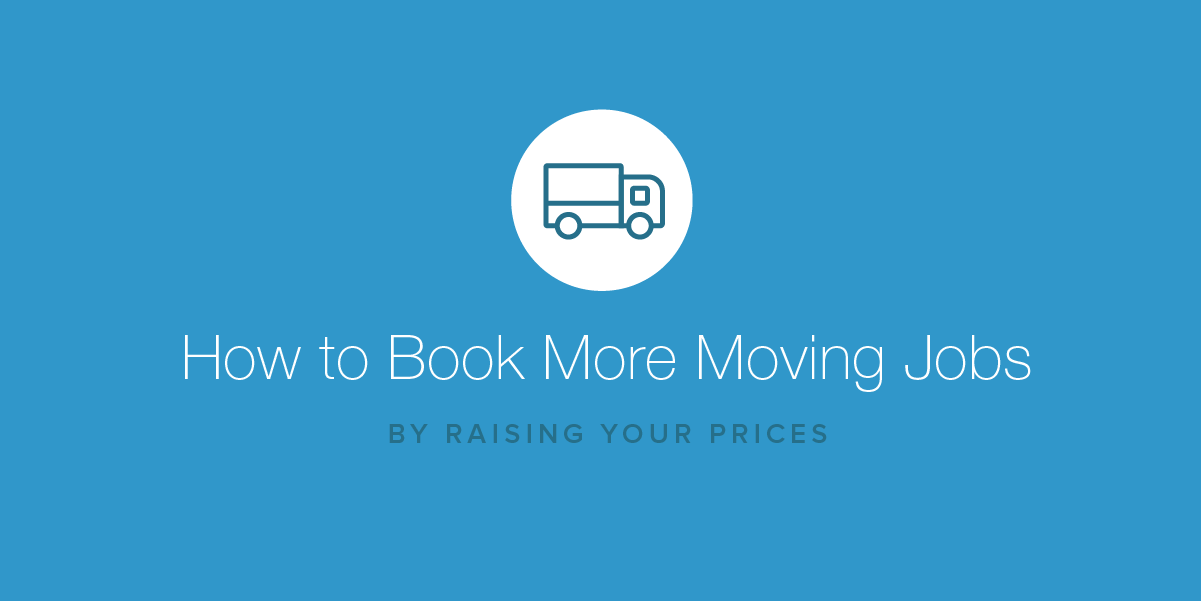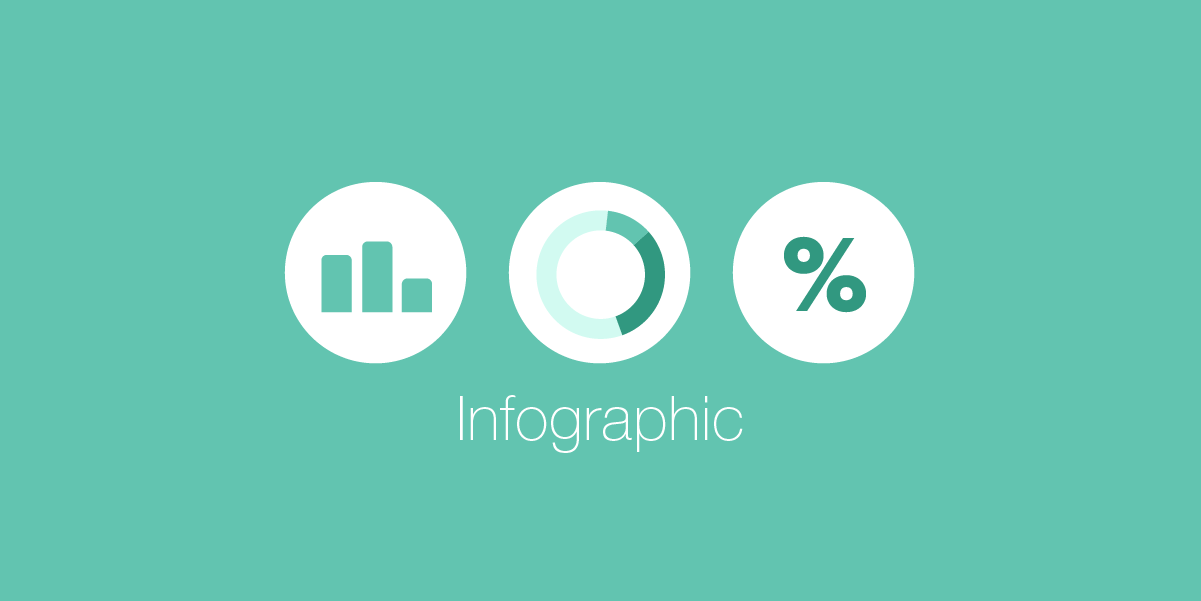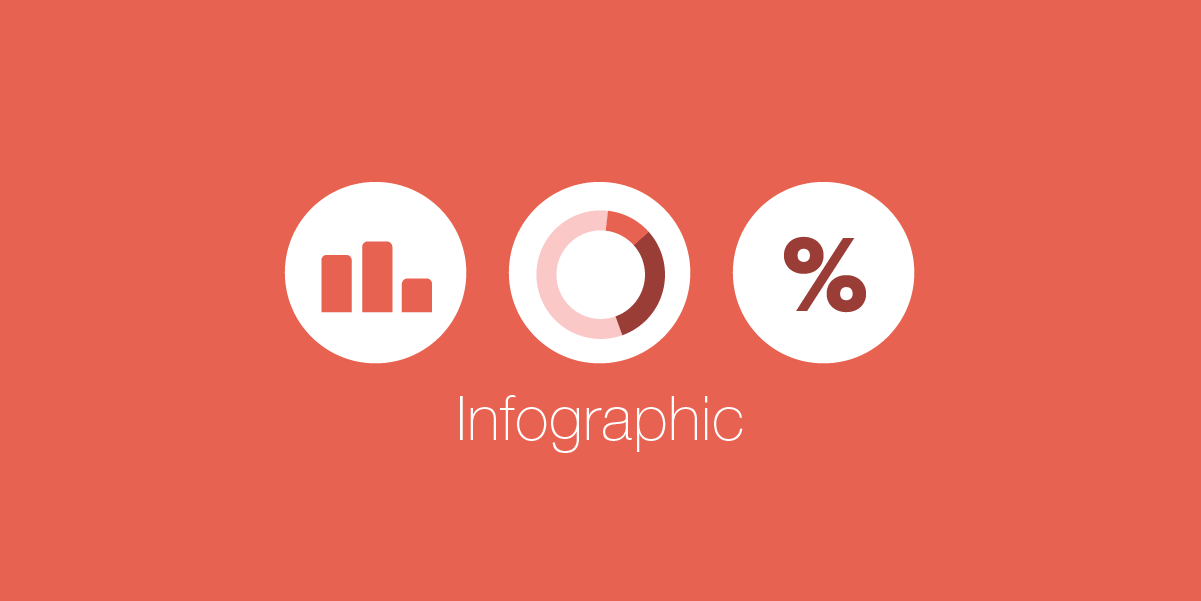How to Raise Your Moving Prices and Still Get More Bookings
- July 22, 2019
- By: Vonigo
This article about the value of online reviews to help you get more bookings is by Chas Cooper, Founder of Rising Star Reviews.

When you raise your price, it’s harder to get clients. When you want to get more bookings, it feels like you have to drop your price. It seems like it’s either-or, doesn’t it?
But there’s a way to raise your prices and get more bookings at the same time. And it’s incredibly simple: it’s all about your reviews.
How Important Are Reviews For Getting More Bookings?
First, you should know that 93% of customers use online business reviews. And 85% of customers trust customer reviews as much as personal recommendations. So reviews are pretty important.
Interestingly, a Cornell study found hotels could increase their prices by 11.2% with the same occupancy and market share just by increasing their online review ratings from 3.3 stars to 4.3 stars. So by increasing their review ratings, they were able to increase their prices without losing bookings.
Meanwhile, UC Berkeley economists found restaurants with 4.0-star ratings on Yelp sold out 19% more often than restaurants with 3.5-star ratings. So by increasing their Yelp review ratings, they were able to get more bookings at the same price.
Reviews also directly impact your local SEO, SEM, and PPC. Good reviews can make you rank higher in Google search results, increase Google Ads clickthrough rates, and lower the PPC cost of your ads. By getting better Google Reviews, you can acquire more traffic from Google, and attract more customers for less money.
Better Reviews Means Better Service and Higher Prices
Put simply, increasing your online review ratings can help you increase your bookings and your prices. Not just one or the other. That’s because strong review ratings help you build trust with people, which helps you acquire more customers and charge each customer more.
But what do you need to get strong a customer review rating? You’ll need three things.

The 3 Things You Need For A Strong Customer Review Rating
There are three parts to a strong customer review rating: quality, quantity, and recency.
1. Quality
Your rating quality is your average star rating. For example, that could be 4.5 stars on Yelp.
Clearly, you don’t want a one-star or two-star rating. Some studies show that bad Yelp business reviews can be worse than no reviews at all, and that only 10% of consumers are willing to go to a business with fewer than three stars. Preferably, you want at least four stars. Obviously, you want the highest rating you can get. A Harvard Business School study found that a mere one-star increase in Yelp rating can increase revenue by 5-9%.
2. Quantity
Your review quantity is the number of customer reviews you’ve gotten. For example, you could have a total of 20 reviews on a particular site.
If you only have six reviews, over a third of customers will feel like you don’t have enough reviews for them to make an informed decision. With 10 reviews, 14% of customers will still think you don’t have enough reviews. With 20 reviews, only 7% of customers feel you lack reviews. Preferably, you want as many reviews as you can get (as long as they’re positive of course!).
3. Recency
Your review recency is how long ago you received your latest review. For example, let’s say you got your most recent review four months ago.
77% of customers think customer reviews older than three months irrelevant. And almost one in five customers consider customer reviews older than two weeks irrelevant. Preferably, you want your latest review to be one-to-two weeks old at most. To get a strong customer review rating, you’ll need high quality, quantity, and recency. Sounds great, right? But how do you actually get all those things? And how do you keep getting reviews week over week?

How You Can Get More 5-Star Reviews More Frequently
Obviously, the first step to getting more reviews is just to ask for them. Ask every customer to review your service business on the business review site most relevant to you.
But wait. What if you ask a customer for a review and they give you a negative review? That would be a really upsetting backfire, wouldn’t it? So how do you prevent that? Pre-screening.
Pre-Screening
First, make sure you’ve done the job before asking for a review (asking for a review before you’ve helped the customer can seem pushy). Once you’ve done the job, ask the customer if they’re happy with it. If not, ask why. Sometimes, unhappy customers give the best feedback on how to improve your service. Only after you’ve done the job and you know the customer is happy should you ask for a review.
This way you pre-screen reviewers, ask unhappy customers for feedback and send happy customers to review sites. This helps you improve the quality of your reviews and maybe even the quality of your service. It’s win-win all around!
There’s just one problem. Sometimes (many times, actually) you ask customers for a review and they just… don’t. They don’t respond or do anything. They go dark.

Following Up
If that happens, it’s critical to follow up with them. Follow up via text, email, or whatever’s appropriate and ask them for a review. The longer you wait, the more they forget you, and the less willing they are to write a review.
In our experience, businesses that send two-to-three follow-ups often get twice as many reviews. So don’t be afraid to follow up with them if they don’t respond the first time.
Asking Early & Often
Now pre-screening and following up are all great, but it’s easy to make a particular mistake. Some businesses ask for reviews in batches; they ask all their customers for reviews at the end of the month. And there are several problems with that.
- Month-old customers might not remember you and are less willing to give you a review for something they got so long ago.
- By asking for reviews in monthly batches, your most recent reviews might be a month old, which is considered less trustworthy.
- Suddenly getting lots of reviews all at once can look suspicious to both customers and review sites. Worse, sudden review spikes can trigger review sites’ spam detection algorithms to automatically remove suspicious reviews (including the positive ones).
For those reasons, it’s important to request reviews frequently. Again, you want your most recent reviews to be no older than two weeks. So you should ask for reviews every two weeks, if not every week. That way, you keep your review ratings recent and trustworthy.
Automating the Process
Now, I know what you’re thinking. This all sounds like a lot of work. Pre-screening, following up, and requesting reviews every week is gonna cost you a lot of time and energy. Training your team to ask every customer for a review is a lot to ask. And I know you’re already busy with more things than there are hours in the day.
But reviews are incredibly important to gain people’s trust, attracting more traffic from Google, paying less in PPC for Google Ads, attracting more customers, getting more bookings, and raising your prices. So it’s well worth the investment. Especially if you just automate the whole process.
How to Automate
There are many ways to automate your review process, from rolling your own spreadsheets and email templates to trying automation tools like ours at Rising Star Reviews. However you decide to do it, just make sure you’re pre-screening reviews, following up with customers, and requesting reviews early and often.
With lots of recent 5-star reviews, you’ll build trust more easily and find it easier to book more customers and charge higher prices.
Chas Cooper believes small business owners are unsung heroes who make our entire way of life possible, but rarely get the appreciation they deserve. So Chas founded Rising Star Reviews to help small businesses get the appreciation they deserve by helping them get more 5-star reviews from their happy customers on sites like Google, Yelp and Facebook. Prior to that, Chas spent 20 years as a marketing professional helping Silicon Valley tech firms achieve exponential revenue growth using leading-edge digital marketing practices.Want to learn more about how to grow your moving business and earn more profits with moving software? Book a free, private demo of Vonigo.



